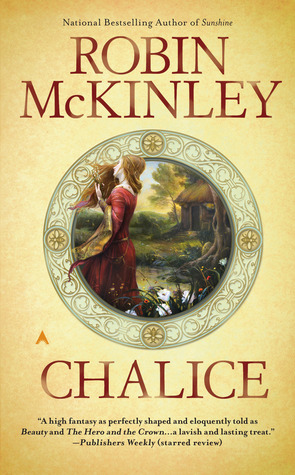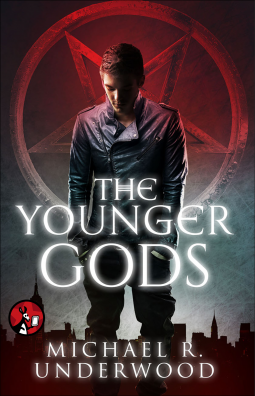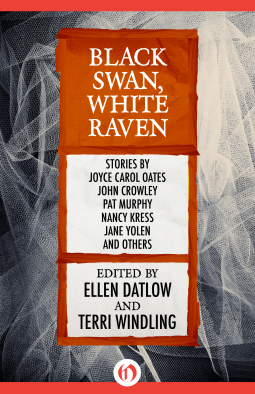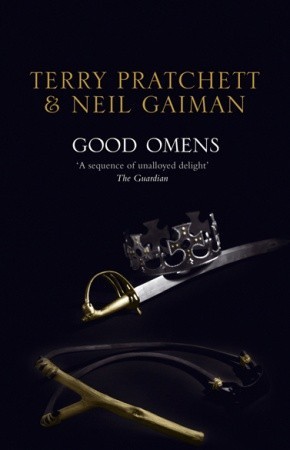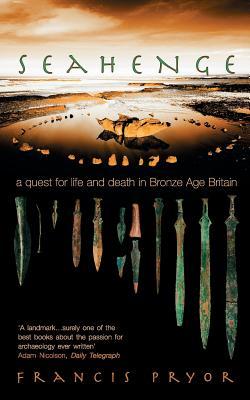For a book that I originally gave three stars, and found somewhat… disappointing, it probably seems weird that I’ve come back to it for a second time. But actually, I’ve grown very fond of it. I love the fact that it isn’t just a generic medieval Europe, but something that has some of those aspects while having rules, rituals, histories and roles of its own. And yet at the same time, it’s still rooted in the earth: in the common elements, in water and milk and honey, in the straightforward clear sight of a beekeeper called to higher things.
Mirasol makes a great character: neither so knowledgeable about the world she lives in that worldbuilding ends up being ‘as you know, Bob’, but not so ignorant that she’s completely at sea. We come into the story when she’s starting to find some purchase, starting to figure out what she needs to do, but even by the end of the story, she’s not all-powerful, so special she can fix everything. I like that a lot: the down-to-earthness of her; the fact that she turns to books for the knowledge she needs and just reads desperately, almost indiscriminately; the fact that she is so overwhelmed, unready and untrained, and yet does what she has to do.
I also like the sense of strain and work that comes through. It’s not effortless for Mirasol and the Master to save their land; it comes slowly, in fits and starts, as they adjust to each other and to the circumstances. The last section is one long hard slog for Mirasol, and she isn’t even sure she’s doing the right thing, only that she knows she has to do something.
I think I can still understand why people find it disappointing or unsatisfying — there’s so much unsaid about the world, so much more that could be done with it, and Mirasol’s story is only beginning here. And yet Chalice is whole in and of itself, a standalone fantasy story in a world that feels bigger than the story, which is exactly the kind of thing I like.
Despite the fantasy setting, it’s not really something to read for the sense of magic. One comparison that comes to mind now is Lifelode (Jo Walton) — the importance of the domestic in that.
Rating: 5/5
